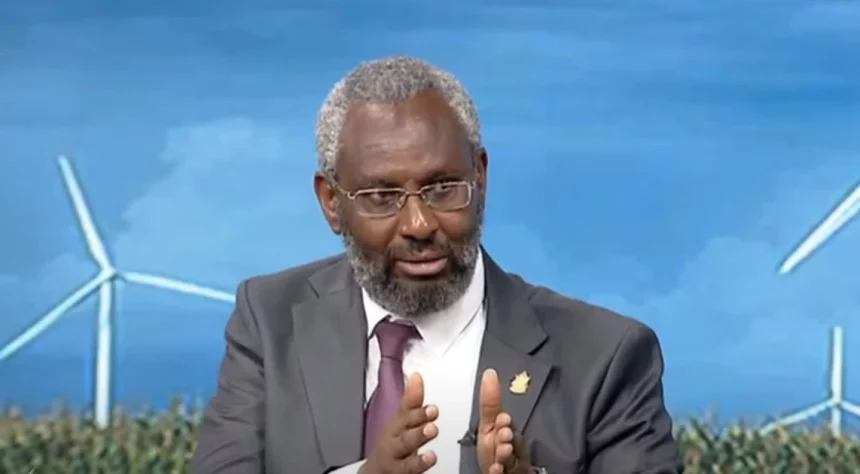The University of Nairobi Vice-Chancellor Stephen Kiama has called for the incorporation of an innovation culture in higher education training to make graduates able to come up with solutions to contemporary challenges such as climate change.
Speaking to Citizen TV on Tuesday’s Day Break program, Prof Kiama said this can be achieved by breaking down what he described as silos in universities and creating an environment where different departments inform each other.
“We need to rethink how we have been training in silos. The other day, one of our heads of the paediatrics department invited the chairman of the engineering department for a discussion. He looked at how they deal with problems of newborn kids where UV light is needed and he said instead of importing it, we can make,” he said.
“There is a need to break those silos because they are the traditional systems we were left with. How do we ensure the engineers are working with medics and businesspeople?”
The don cited a recent trip to a Danish university where he said the engineering and business schools are integrated to boost innovation.
“We need to reorient our training at the universities. I visited a university in Denmark the other day where they come up with two start-ups every week by students. They have integrated their Engineering and Business schools instead of having them separate,” said Prof Kiama.
Prof. Stephen Kiama – Vice Chancellor, UoN: Universities must rethink their teaching strategy; we have been training students to serve in certain sectors, but we need to establish a culture of innovation and entrepreneurship in order for them to come up with solutions to issues… pic.twitter.com/IrbRSRgDla
— Citizen TV Kenya (@citizentvkenya) September 5, 2023
His comments came in the backdrop of the ongoing inaugural Africa Climate Summit in Nairobi under the theme “Driving Green Growth and Climate Finance Solutions for Africa and the World.”
The convention is set to give African nations the chance to develop specific plans, design corresponding resources and investments, push for changes in the global financial system, share knowledge and workable solutions, and update Africa’s development and climate vision.
The summit kicked off on Monday and goes on until Wednesday. It was organized by the African Union Commission in collaboration with the Kenyan government.
President William Ruto on Monday thanked leaders across the continent for heeding the call for a climate summit, terming it “an entry into a future driven by partnerships committed to African prosperity inclusive of growth and a liveable planet for all of us.”
Over 20 current and former heads of state are among the 30,000 delegates in Nairobi for the summit.
Ruto is hosting counterparts from countries including Mozambique, Tanzania and Ghana, and United Nations head Antonio Guterres, US climate envoy John Kerry, and COP28 president Sultan Al Jaber are in attendance.
On Tuesday, the summit was set to offer proposals to reform global financial structures that have resulted in only a tiny fraction of investments in climate solutions being directed toward Africa.



